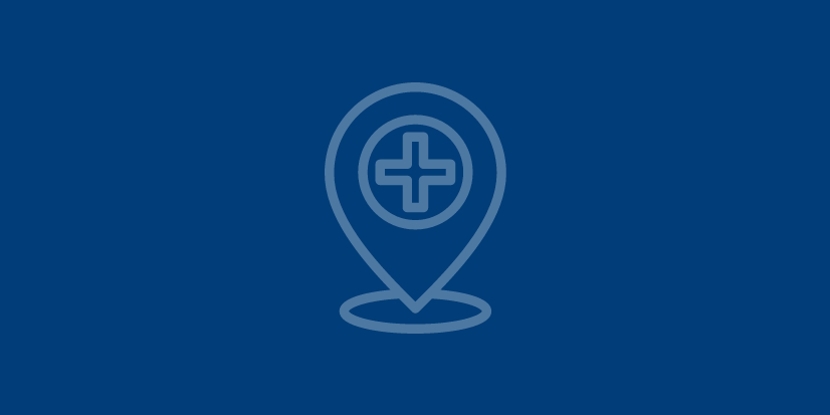Atrial Fibrillation
Atrial fibrillation is an irregular and often rapid heart rate that can increase your risk of strokes, heart failure and other heart-related complications. Atrial fibrillation is the most common type of irregular heartbeat
Normally, the heart beats in a strong, steady rhythm. In atrial fibrillation, a problem with the heart's electrical system causes the two upper parts of the heart, the atria, to quiver, or fibrillate.
The quivering upsets the normal rhythm between the atria and the lower parts of the heart, the ventricles. And the ventricles may beat fast and without a regular rhythm.
This is dangerous because if the heartbeat isn't strong and steady, blood can collect, or pool, in the atria. And pooled blood is more likely to form clots. Clots can travel to the brain, block blood flow, and cause a stroke.
Atrial fibrillation can also lead to heart failure.
Symptoms
Some people with atrial fibrillation have no symptoms and are unaware of their condition until it's discovered during a physical examination. Those who do have atrial fibrillation symptoms may experience signs and symptoms such as:
- Palpitations, which are sensations of a racing, uncomfortable, irregular heartbeat or a flip-flopping in your chest
- Weakness
- Reduced ability to exercise
- Fatigue
- Lightheadedness
- Dizziness
- Shortness of breath
- Chest pain
Risk factors
Certain factors may increase your risk of developing atrial fibrillation.
These include:
- Age. The older you are, the greater your risk of developing atrial fibrillation.
- Heart disease. Anyone with heart disease — such as heart valve problems, congenital heart disease, congestive heart failure, coronary artery disease, or a history of heart attack or heart surgery — has an increased risk of atrial fibrillation.
- High blood pressure. Having high blood pressure, especially if it's not well-controlled with lifestyle changes or medications, can increase your risk of atrial fibrillation.
- Other chronic conditions. People with certain chronic conditions such as thyroid problems, sleep apnea, metabolic syndrome, diabetes, chronic kidney disease or lung disease have an increased risk of atrial fibrillation.
- Drinking alcohol. For some people, drinking alcohol can trigger an episode of atrial fibrillation. Binge drinking may put you at an even higher risk.
- Obesity. People who are obese are at higher risk of developing atrial fibrillation.
- Family history. An increased risk of atrial fibrillation is present in some families.
When to see a doctor
If you have any symptoms of atrial fibrillation, make an appointment with your doctor. Your doctor may order an electrocardiogram to determine if your symptoms are related to atrial fibrillation or another heart rhythm disorder (arrhythmia).
If you have chest pain, seek emergency medical assistance immediately. Chest pain could signal that you're having a heart attack.

